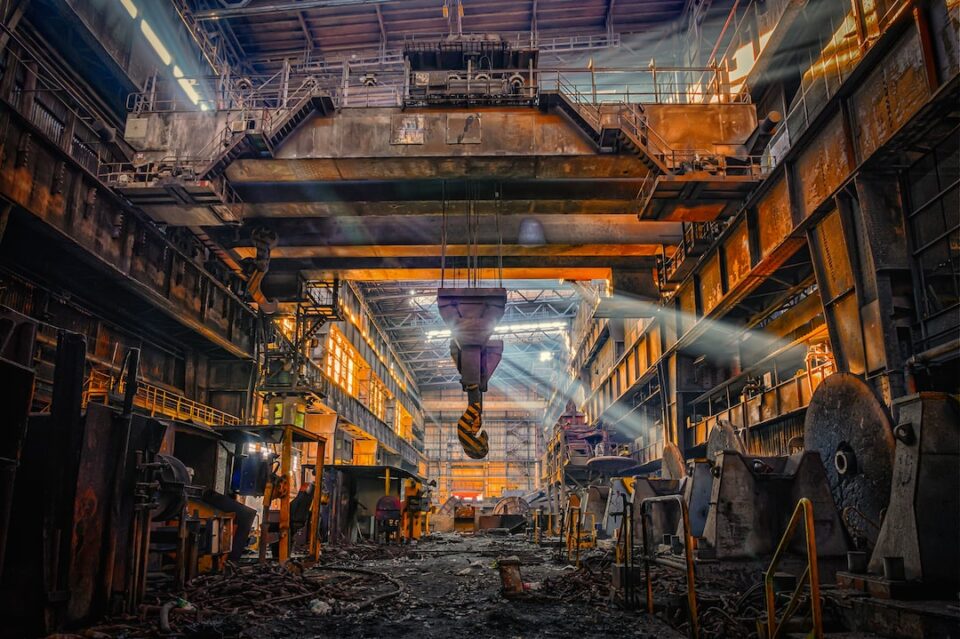Blockchain technology has revolutionized various industries, and now it is making its way into the manufacturing sector. The potential of blockchain in manufacturing operations is immense, as it aims to improve efficiency, increase transparency, and streamline processes. In this blog post, we will explore how blockchain can transform the manufacturing industry.
Firstly, let’s understand what blockchain is. In simple terms, it is a decentralized, secure, and transparent digital ledger that records transactions across multiple computers. Each transaction, or block, is encrypted and linked to the previous one, forming a chain. This technology eliminates the need for intermediaries, like banks or trusted third parties, as it ensures that all parties involved have access to the same information.
One major use case of blockchain in manufacturing is supply chain management. The supply chain in manufacturing is often complex, involving multiple parties, including suppliers, manufacturers, distributors, and retailers. Blockchain can provide a transparent and immutable record of every transaction, allowing all stakeholders to track and verify the movement of goods from one stage to another. This helps in reducing fraud, counterfeiting, and ensuring the authenticity of products.
Additionally, blockchain can enable more efficient inventory management. With the help of smart contracts, manufacturers can automate the tracking of inventory levels, ensuring that they have the right amount of raw materials and finished goods at all times. This not only minimizes the risk of overstocking or stock-outs but also saves time and costs associated with manual inventory management processes.
Quality control is another area in manufacturing operations where blockchain can bring significant improvements. By recording every step of the production process on the blockchain, manufacturers can ensure product traceability and identify any defects or errors quickly. This allows for faster recalls or adjustments, minimizing the impact on customers and brand reputation.
Moreover, blockchain technology can enhance the efficiency of maintenance and repair operations in manufacturing. By recording maintenance history, warranty information, and repair records on the blockchain, manufacturers can easily track the lifespan of each component or equipment. This helps in timely maintenance, reducing downtime, and improving overall productivity.
Apart from these operational benefits, blockchain can also enable new business models in manufacturing. For instance, manufacturers can tokenize their assets on the blockchain, providing fractional ownership opportunities to investors. This opens up new avenues for funding and innovation. Additionally, blockchain-based platforms can facilitate peer-to-peer transactions and enable decentralized manufacturing networks, where manufacturers can connect with suppliers, designers, and customers directly, thereby eliminating intermediaries and reducing costs.
Despite its immense potential, the widespread adoption of blockchain in manufacturing is still in its early stages. The technology is complex, and there are challenges related to standardization, scalability, and interoperability. However, the benefits that blockchain offers in terms of efficiency, transparency, and security make it a technology worth exploring for manufacturing operations.
In conclusion, blockchain technology has the potential to transform the manufacturing industry by improving supply chain management, inventory management, quality control, maintenance operations, and enabling new business models. While there are challenges to overcome, the benefits offered by blockchain make it a promising technology for the manufacturing sector. As more manufacturers explore and invest in blockchain solutions, we can expect to see significant advancements in manufacturing operations in the near future.

